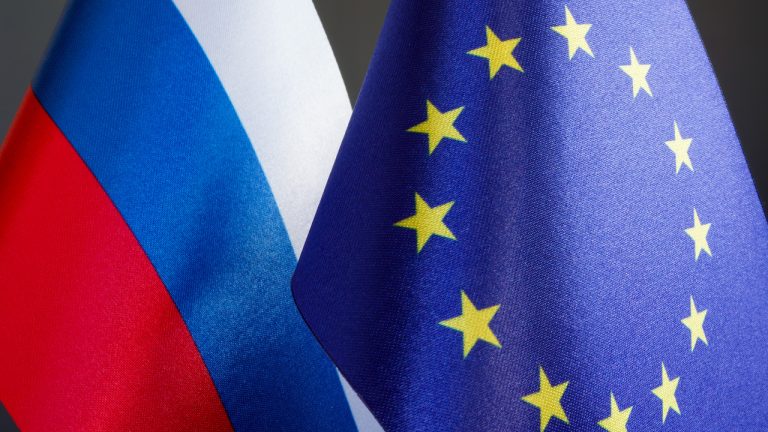
The European Union said Russian nationals from owning or controlling crypto service providers under the bloc’s twelfth package of restrictive measures against the country. According to the EU, diamonds entering its will now have to be traced from “the mine to the finger” and this is set to be done using the blockchain.
New Package Seeks to Combat Sanctions Circumvention
The European Union (EU) announced on Dec. 18 that it had adopted a new package of economic and individual sanctions. The package now bars Russian nationals from owning or controlling crypto service providers. This ban is part of the EU’s attempt to “limit circumvention of the prohibition” on the provision of crypto-related services already imposed.
According to the European Commission (EC), the new sanctions package seeks to fulfil the EU’s key objective of finding “a just and lasting peace, not another frozen conflict.” In the document that answers key questions about the Russian sanctions, the EC insisted that the EU sanctions policy has already had the desired effect on the Russian economy.
Some of the sanctions’ successes claimed by the EC include the massive depreciation of the ruble, the increase in interest rates from 8% to 15% as well as tighter capital controls. However, some EU leaders and critics of the current sanctions regime believe the “growing trade figures for some specific products/countries” may be an indication that Russia is actively attempting or succeeding in circumventing the sanctions.
Greek shipping oligarchs now take mostly Kazakh oil out of Black Sea ports (lhs). They've exited the Baltic (rhs) – selling ships to Putin's "shadow fleet" – as they don't like the G7 cap. Their behavior goes directly against strategic interest of the EU. The EU does nothing… pic.twitter.com/Suiev9pG17
— Robin Brooks (@RobinBrooksIIF) December 20, 2023
Using the Blockchain to Trace Diamonds
Economist Robin Brooks for instance has repeatedly accused the so-called Greek shipping oligarchs of actively working to undermine the G7’s oil price cap policy. In response to the criticism, the EU has introduced a new requirement that compels those in the Russian oil supply chain to share price information for ancillary costs, such as insurance and freight upon request.
Meanwhile, the EU has through the twelfth package of restrictive measures against Russia taken steps to prevent the country’s diamonds from entering the G7 market once the ban takes effect on Jan. 1, 2024. Taking this step means diamonds will now have to be traced from “the mine to the finger” and this is set to be done using the blockchain.
“Hence the traceability system includes a mandatory registration, using so-called ‘digital twins’ of the real diamond in its rough state and issuing a certificate of its origin. The identifying information and certificate will be entered into a blockchain-based ledger,” the document explained.
What are your thoughts on this story? Let us know what you think in the comments section below.
from Bitcoin News https://ift.tt/KEPhaIQ
